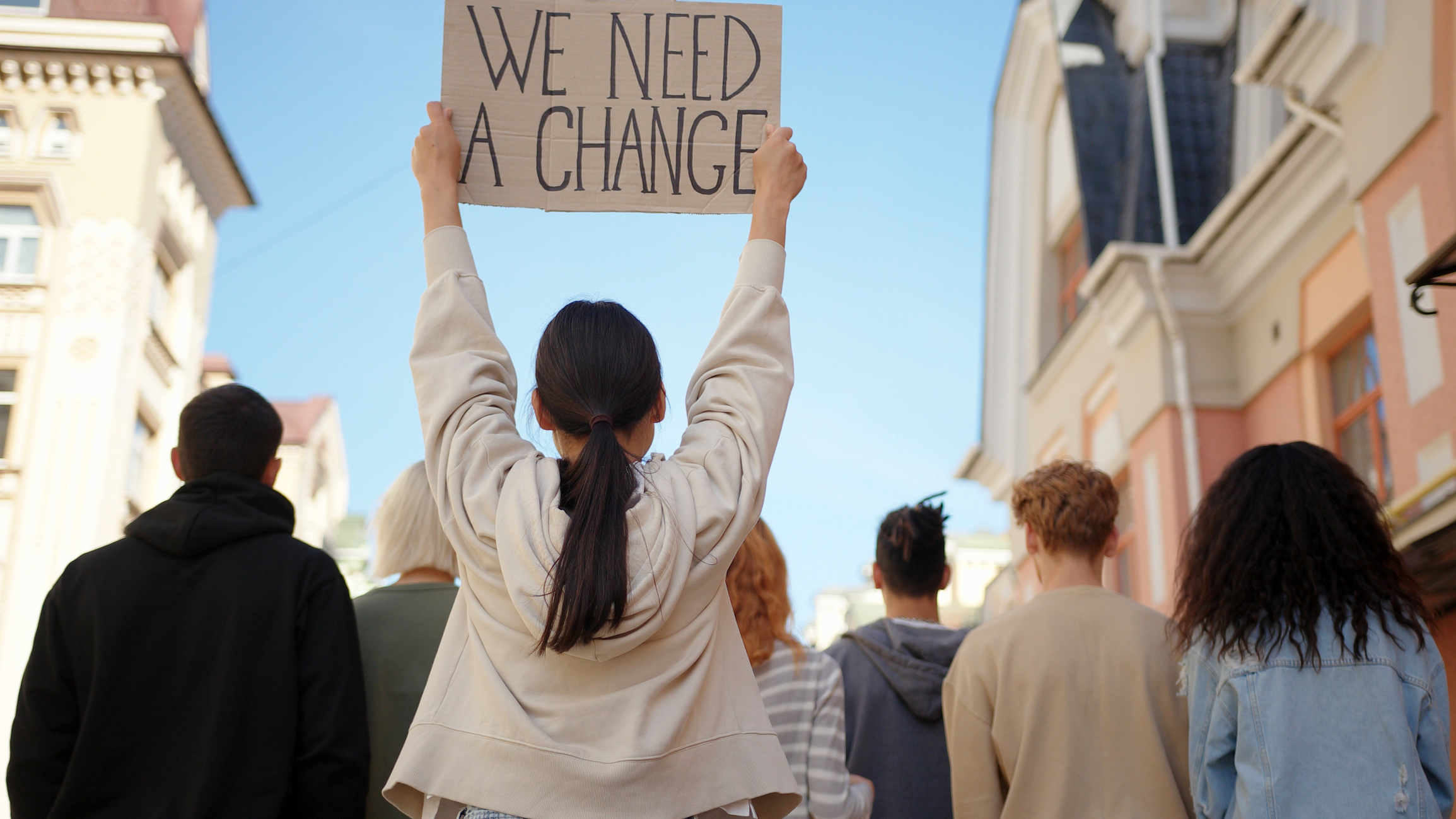
Inspiring students is crucial for their academic, personal, and professional growth, particularly as students progress into the secondary level. While there are many ways that educators can inspire their students inside and outside the classroom, teaching them about students who have taken civic action at the same ages they’re at can be helpful to connect learning how to take similar civic action in their own lives. There have been many historic student activists who have made significant contributions to social and political causes. Here are five examples:
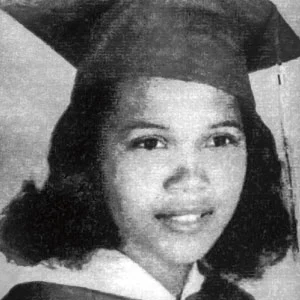
Barbara Johns
Barbara Johns was an African-American high school student who played a pivotal role in the civil rights movement. She was born on March 6, 1935, in New York City, but grew up in Virginia, where she attended Robert Russa Moton High School in Farmville. In 1951, at the age of 16, Johns led a walkout of Moton High School students to protest the overcrowded and inadequate conditions of their segregated school. She and her fellow students formed the Moton High School Student Strike Committee, which later filed a lawsuit against the Prince Edward County School Board.
The resulting case, Davis v. County School Board of Prince Edward County, was one of the five cases consolidated into Brown v. Board of Education, the landmark Supreme Court decision that declared segregation in public schools unconstitutional. The case was argued by Thurgood Marshall, who would later become the first African-American Supreme Court Justice. Johns’ courage and leadership helped inspire other civil rights activists and contributed to the eventual desegregation of public schools in the United States. After graduating from high school, she went on to attend Spelman College in Atlanta, Georgia, where she studied sociology and psychology. She remains an example of how students can stand for important issues in school and make long-lasting differences in their community.
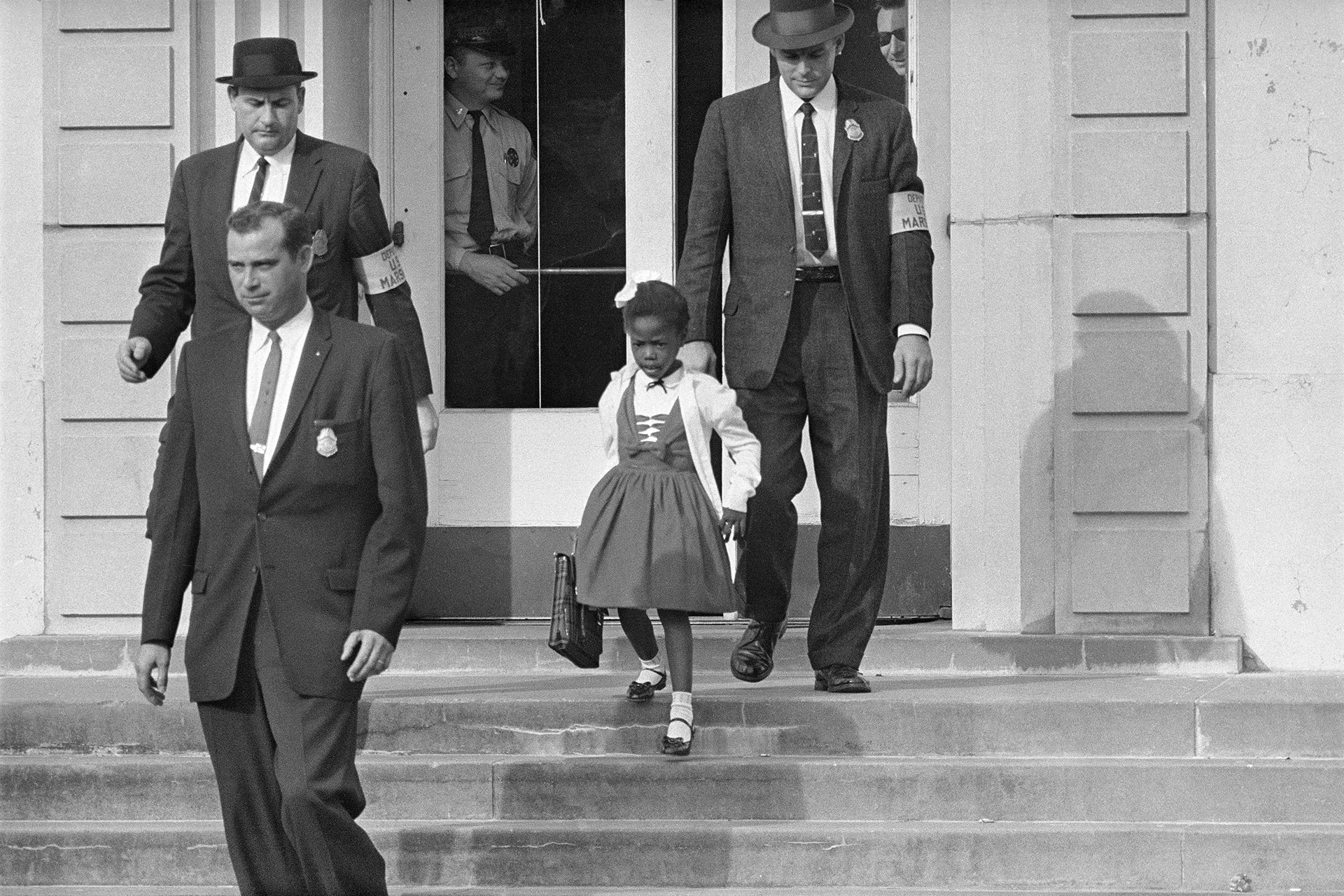
Ruby Bridges
Ruby Bridges is an African-American civil rights activist who is best known for being the first Black student to attend an all-white elementary school in the South. She was born on September 8, 1954, in Tylertown, Mississippi, and grew up in New Orleans, Louisiana.
In 1960, at the age of six, Bridges was chosen to participate in the integration of the New Orleans public school system. She was one of four Black students who were selected to attend all-white schools, but the only one assigned to William Frantz Elementary School. Her enrollment was met with protests and threats from white parents and community members, who refused to allow their children to attend school with her.
Despite the hostility and intimidation she faced, Bridges attended school every day, accompanied by federal marshals. Her bravery and determination helped break down the barriers of segregation in education and paved the way for future generations of students. After completing elementary school, Bridges attended an integrated high school and went on to become a travel agent. She has continued to be an advocate for civil rights and education, and has received numerous honors and awards for her contributions to society. Today, she is considered an icon of the civil rights movement and an inspiration to many.
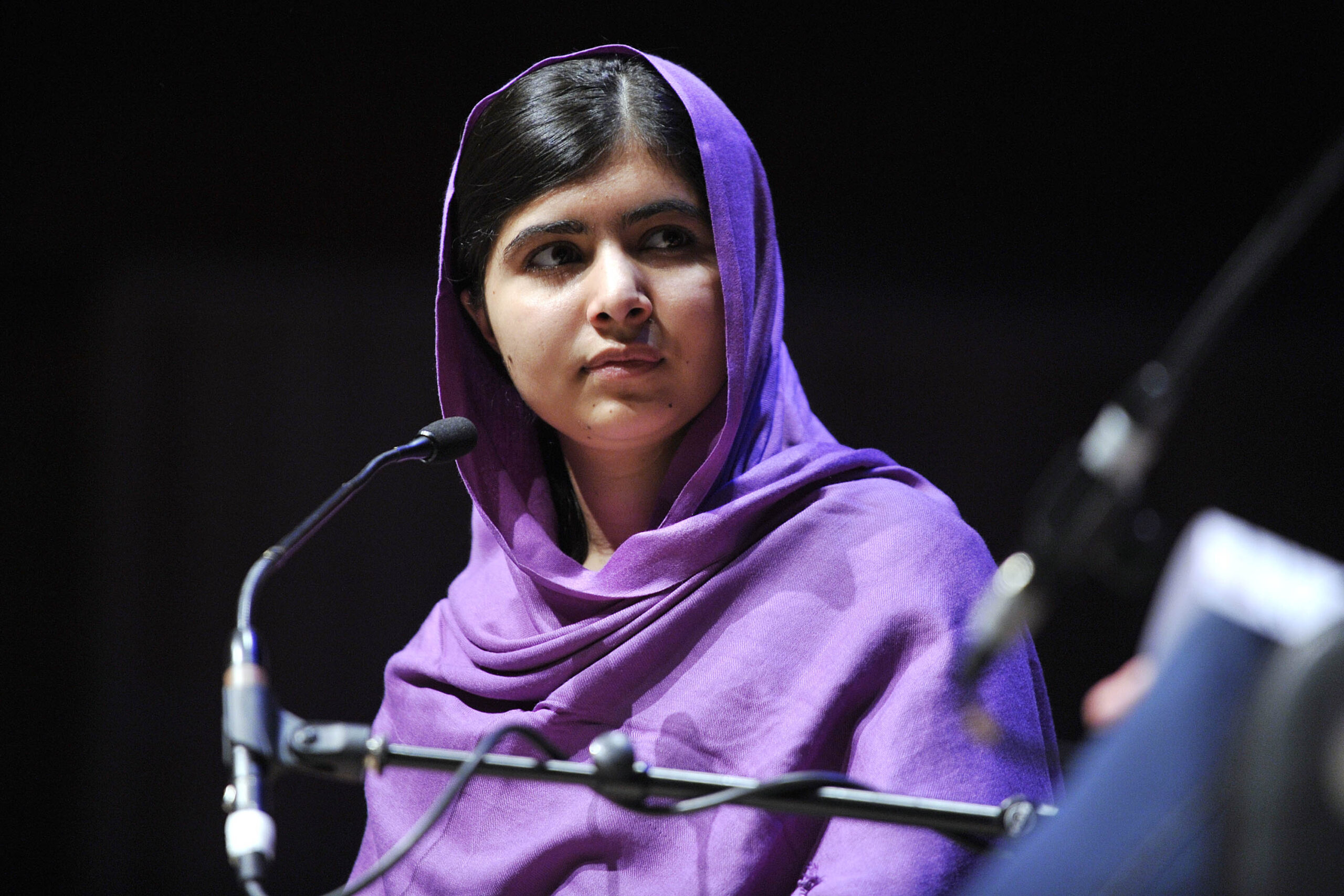
Malala Yousafzai
Malala Yousafzai is a Pakistani activist for female education and the youngest Nobel Prize laureate. As a young girl, Malala became an advocate for girls’ education, speaking out against the Taliban’s ban on girls attending school in her native Swat Valley. In 2012, when she was just 15 years old, Malala was shot in the head by a Taliban gunman while riding the bus home from school. She survived the attack and went on to become a powerful voice for education and women’s rights around the world. She founded the Malala Fund, a non-profit organization that works to ensure that every girl has access to education.
Malala has received numerous awards and honors for her activism, including the Nobel Peace Prize in 2014, becoming the youngest-ever Nobel laureate. She has also been named one of Time Magazine’s 100 most influential people in the world and has spoken at the United Nations on multiple occasions. Today, Malala continues to be a leading advocate for girls’ education, using her platform to raise awareness about the importance of education and to empower young women around the world.

David Hogg
David Hogg is an American activist and survivor of the 2018 shooting at Marjory Stoneman Douglas High School in Parkland, Florida. Following the shooting, in which 17 people were killed, Hogg became a vocal advocate for gun control and co-founded the advocacy group Never Again MSD (March for Our Lives). He has since become a prominent activist and organizer in the movement against gun violence, participating in numerous rallies and events across the country.
Hogg has also been the subject of controversy and criticism, particularly from conservative media outlets and politicians who have accused him and other Parkland survivors of being crisis actors or using the shooting as a political tool. Despite the criticism, Hogg has continued to speak out and advocate for gun control, using his platform to amplify the voices of other young people affected by gun violence. In addition to his activism, Hogg is a student at Harvard University, where he studies political science and activism. He has also co-authored a book, Never Again: A New Generation Draws the Line, which chronicles the Parkland shooting and the student-led movement for gun control that followed.
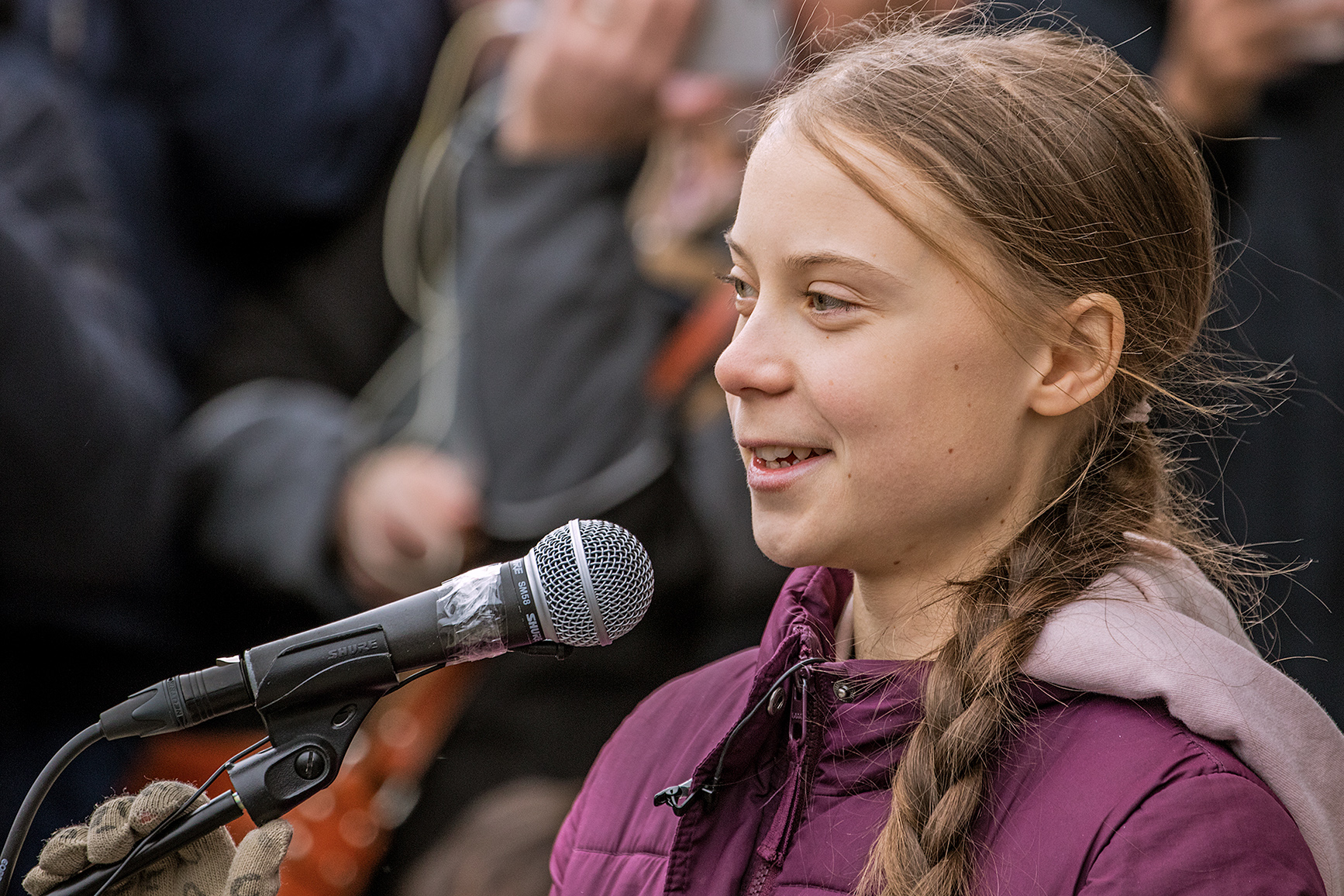
Greta Thunberg
Greta Thunberg is a Swedish environmental activist who has gained international recognition for her work to address global climate change. In August 2018, at the age of 15, Thunberg began protesting outside the Swedish parliament, calling for stronger action from her government and world leaders to address climate change. Her protests, which involved her sitting outside the parliament building every Friday, inspired other young people around the world to participate in similar strikes and protests.
Since then, Thunberg has become a leading voice in the global movement for climate action, speaking at international conferences, meeting with world leaders, and organizing mass protests and strikes. She has been named one of Time Magazine’s 100 most influential people in the world, and has been nominated for the Nobel Peace Prize. Thunberg’s advocacy has also been the subject of controversy, with some critics dismissing her as a child who is being used by others to advance a political agenda. However, she has continued to speak out and advocate for climate action, emphasizing the urgent need for action to address the climate crisis and the importance of listening to the voices of young people who will be most affected by its impacts.
Seeking more lessons to inspire your students to take action?
Sign up for a free 30-day trial of Active Classroom
Monet Hendricks is the blog editor and meme connoisseur for Social Studies School Service. Passionate about the field of education, she earned her BA from the University of Southern California before deciding to go back to get her Master’s degree in Educational Psychology. She attended the graduate program at Azusa Pacific University pursuing her post-grad Educational Specialist degree in School Psychology and Applied Behavior Analysis and currently works as a School Psychologist in Los Angeles, CA. Her favorite activities include traveling, watching documentaries on mental health, and cooking adventurous vegetarian recipes.
